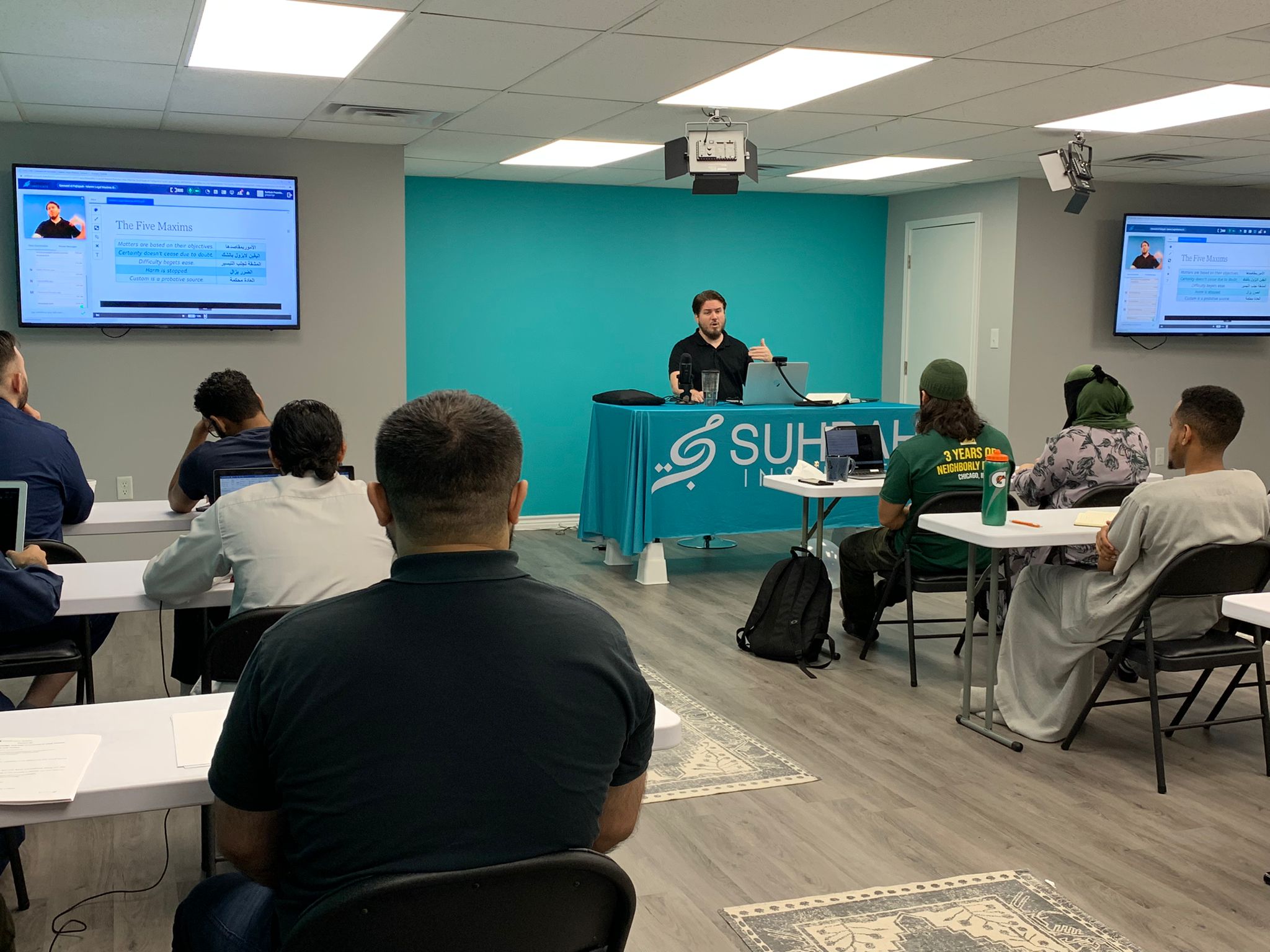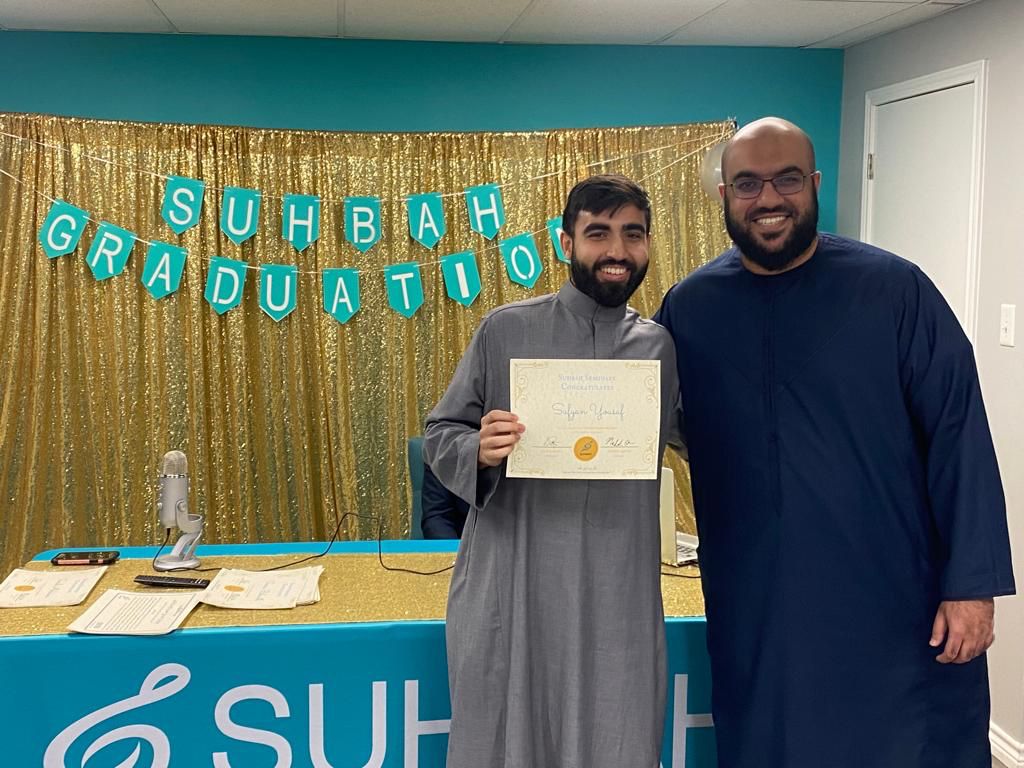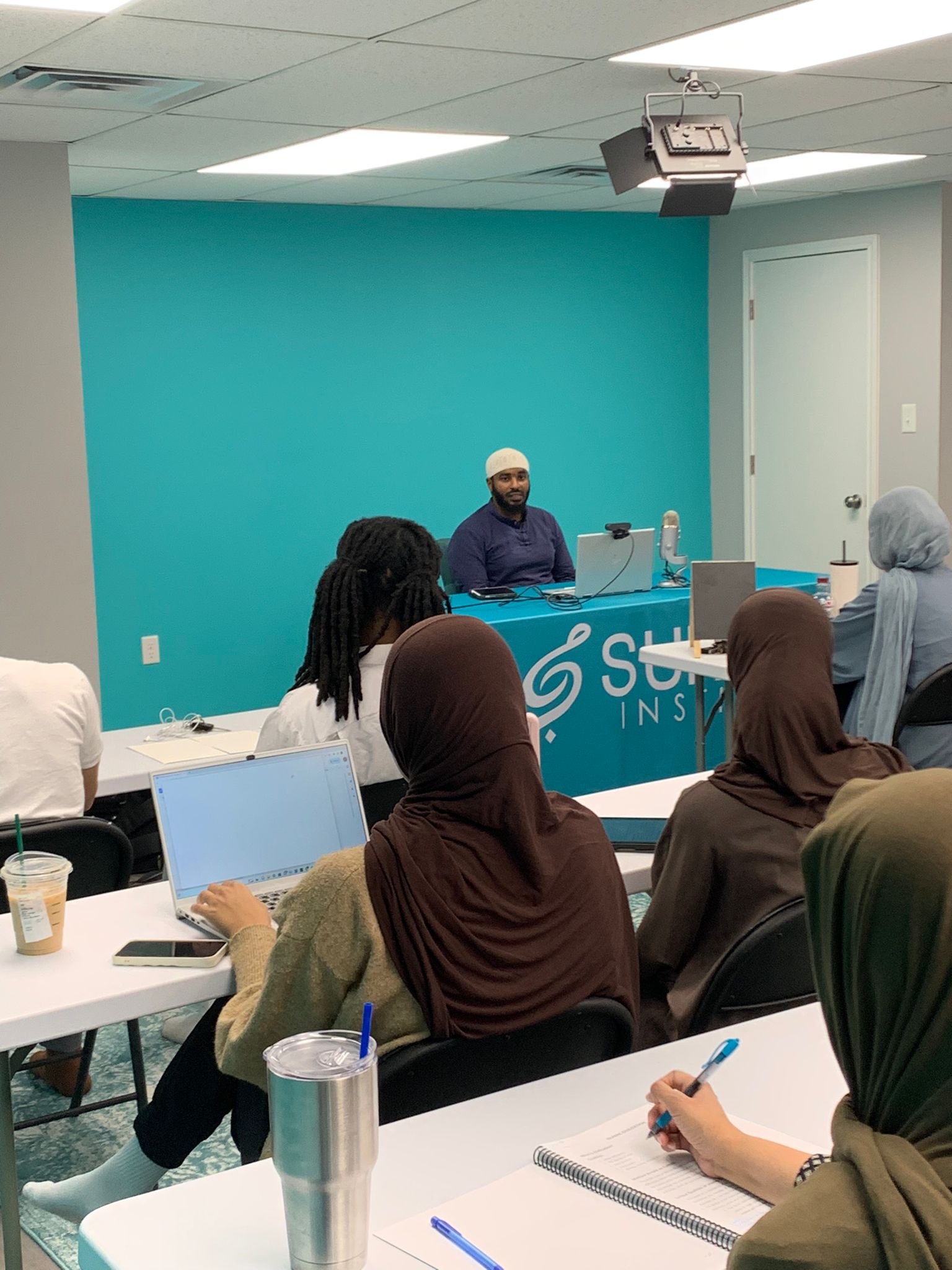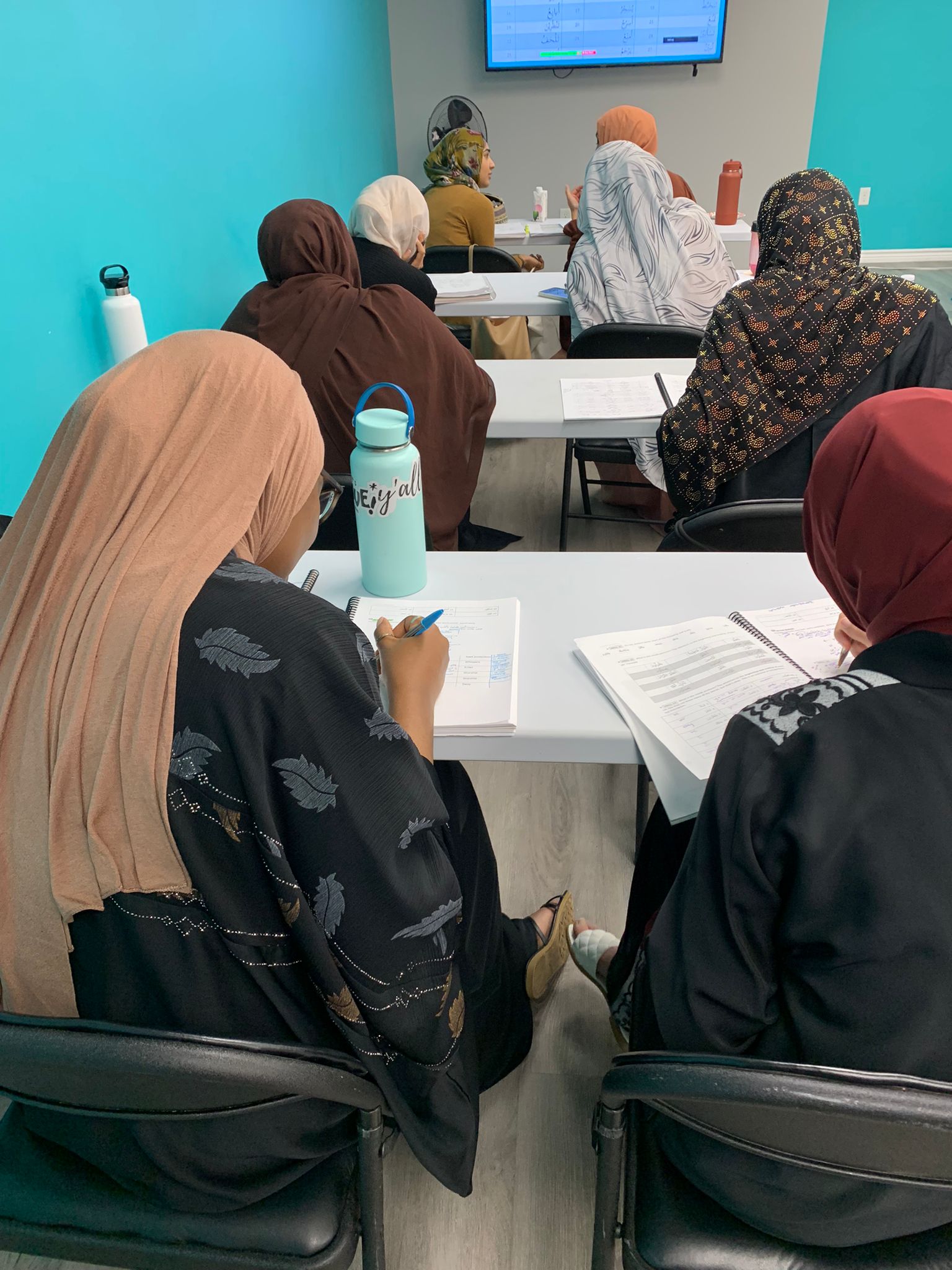
Spring 2026 Application is LIVE
Suhbah’s Weekend Seminary offers part time studies in two different tracks, Quranic Arabic and Islamic Sciences. Weekend classes allows for working professionals, university students and others with full-time duties to delve into their deen without having to pause their weekday resposibilities. Students will have the opportunity to study Classical Fusha Quranic Arabic with a separate track in Islamic Studies concentrating on Aqeedah, Quranic Sciences, Fiqh, Seerah, Hadith studies and other disciplines, equipping students with the knowledge to benefit themselves, their families and their communities.
The mission of SUHBAH seminary is to make learning accesible, inspire growth and learning to nurture well-rounded Muslims, grounded in foundational Islamic knowledge, aware of the ever changing dynamics of our modern world, who can serve and teach in their local communities in the position of instructors, halaqa leaders, youth group leaders, community activists, and more.

Dates: JANUARY 17 TO JUNE 7, 2026
Schedule: 2 Weekends a month, Saturday and Sunday, 9:30am-12:00pm CST
and Every Wednesday 7:00pm-8:30pm CST (exluding Ramadan Wednesdays)
Quranic Arabic can be taken concurrently or separately from the Islamic studies track. The class schedules do not conflict.
Taught by: Ustadh Frank Harris
ONSITE and ONLINE options available
TUITION: $200/month

DATES: Module 2 runs JANUARY 24 TO MAY 31, 2026
SCHEDULE: 2 Weekends a month, Saturday and Sunday 9:30am-2:00pm CST
Islamic Studies (which comprises of 2 modules) can be taken concurrently or separately from the Arabic tracks. The class schedules do not conflict.
*Module 1 of Islamic Studies is NOT a pre-requisite to enroll in Module 2. Module 1 can be taken in the Fall semester and Module 2 can be taken in the Spring Semester. To see what is taught in each module, go to the Curriculum portion of this site.
Taught by: Ustadha Safiya Ravat, Ustadha Farhat Shamsi, Sh Abdullah Ashraf, Ustadh Fahad Tasleem, Imam Zaid Noor
ONSITE and ONLINE options available
TUITION: $200/month

Students may choose one or both of our curricula.
Quranic Arabic students will primarily study Classical Arabic (modified Bayyinah Dream Curriculum).
Islamic Studies students will go in depth into the Foundational Islamic Sciences including Seerah, Aqeedah, Fiqh, Ulum al Hadith, Ulum al Quran, Women’s Fiqh and other disciplines.

QURANIC ARABIC STUDIES:
The primary focus of study concentrate on Quranic Arabic (Classical Fusha Arabic). This course is taught by Ustadh Frank Harris.
The SUHBAH curriculum is designed to foster an understanding and appreciation of the Quran in Arabic. Students will learn how to understand and translate the Quran by studying the Bayyinah Dream Arabic curriculum which includes:
- 80% of Quranic Arabic vocabulary
- Grammar (Nahw)
- I’raab (Grammatical breakdown of ayaat) and Translation
- Morphology (Sarf)
APPROX: 75-80 CLASS HOURS
ISLAMIC STUDIES:
The Islamic Studies curriculum consists of 2 modules spanning 2 semesters. While it is encouraged to take Module 1 before Module 2, that is not a pre-requisite. The classes are multi-dimensional and consist of a rotating roster of core foundational Islamic sciences that one would find in their first year of an Islamic Studies degree.
The Islamic sciences will include foundational studies in the following subjects:
MODULE 1 (offered in the Fall):
- Ulum al Hadith (Sciences of Hadith) – Farhat Shamsi
- Usul al Iman (Aqeedah) – Joe Bradford
- Ulum ul Quran (Sciences of Quran) – Imran Ghani
- Intro to Fiqh and Usul al Fiqh (Islamic Law and Jurisprudence) – Safiya Ravat
- Fiqh of Worship (Taharah and Salah) – Arsalan Majid
- Women’s Fiqh – Safiya Ravat
- Islamic History & Civilization – Imran Ghani
- Purification of the Heart – Khalis Rashaad
- Shamaail Muhamadiyyah (Description of the Prophet [S]) – Abdullah Ashraf
MODULE 2 (offered in the Spring):
- Culture Wars: Responding to Liberalism, Postmodernism and Other isms – Fahad Tasleem
- Qawaa’id al Fiqhiyyah (Legal Maxims in Islamic Law) – Abdullah Ashraf
- Fiqh of Finances – Abdullah Ashraf
- Fiqh al Usrah (Fiqh of Marriage & Divorce) – Abdullah Ashraf
- Stories of Women in the Quran (A Thematic Tafseer) – Farhat Shamsi
- Seerah – Abdullah Ashraf
- Contemporary Fiqh (Selected contemporary issues) – Safiya Ravat
- The Names of Allah – Zaid Noor
- Tafseer of Selected Passages – Farhat Shamsi
- The Islamic Studies classes will be taught in a rotating manner and will include guest instructors and scholars qualified in their respective fields inshaAllah.
APPROX: 75-80 CLASS HOURS PER MODULE
REQUIREMENTS
Student MUST be able to read Arabic (for Quranic Arabic studies).
Student must be at least age 16 or older (specific exceptions can be made, email info@suhbah.com to inquire).
Student must have the appropriate immigration status to study as SUHBAH does not offer any student visas.
Tuition for both Islamic Studies and Quranic Arabic is $1000 per semester, which can be paid all at once or in installments of $200 a month.
Suhbah Institute’s Weekend Seminary offers scholarships to all UHMSA and TAMU MSA students (at 50% off tuition for Weekend Seminary) as well as financial aid to all other attendees in need of financial assistance. If you are in need of a scholarship/financial aid, please indicate that on the application form. For questions, email info@suhbah.com
Would you like to help students out by sponsoring their seminary studies? Sponsor a student here
INSTRUCTORS
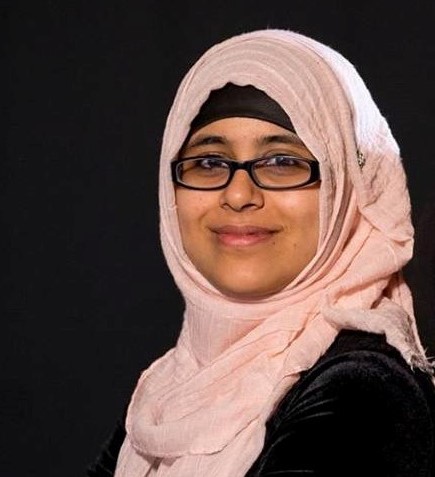
Ustadha Safiya Ravat
Director & Instructor | Women’s Fiqh | Intro to Fiqh & Usul al Fiqh | Contemporary Fiqh

Imam Zaid Noor
Instructor | Names of Allah

Imam Imran Ghani
Instructor | Islamic History & Civilization | Uloom al Quran

Shaykh Joe Bradford
Instructor | Usul al Iman (Aqeedah/Faith) | Qawaid Al Fiqhiyyah (Legal Maxims) | Fiqh of Finances
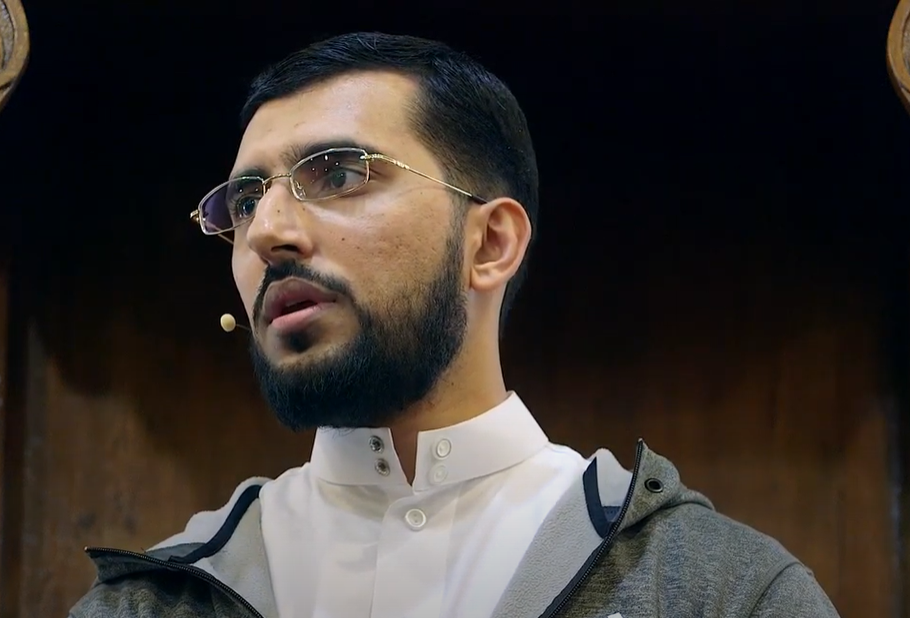
Shaykh Arsalan Majid
Instructor | Fiqh of Worship, Taharah & Salah
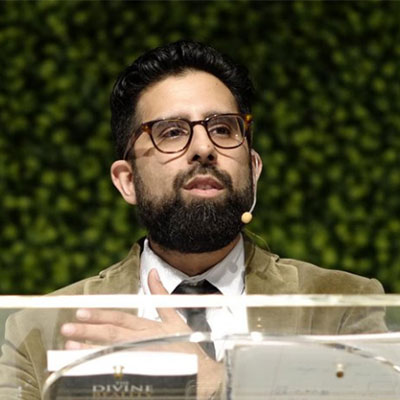
Ustadh Fahad Tasleem
Instructor | Responding to Liberalism, Postmodernism and Other isms

Ustadha Farhat Shamsi
Instructor | Ulum al Hadith | Stories of Women in the Quran

Imam Khalis Rashaad
Instructor | Spirituality & Purification of the Heart

Shaykh Abdullah Ashraf
Instructor | Shamaail Muhamadiyyah | Fiqh al Usrah (Fiqh of Marriage & Divorce)

Ustadh Frank Harris
Instructor | Quranic Arabic: Nahw and Sarf

